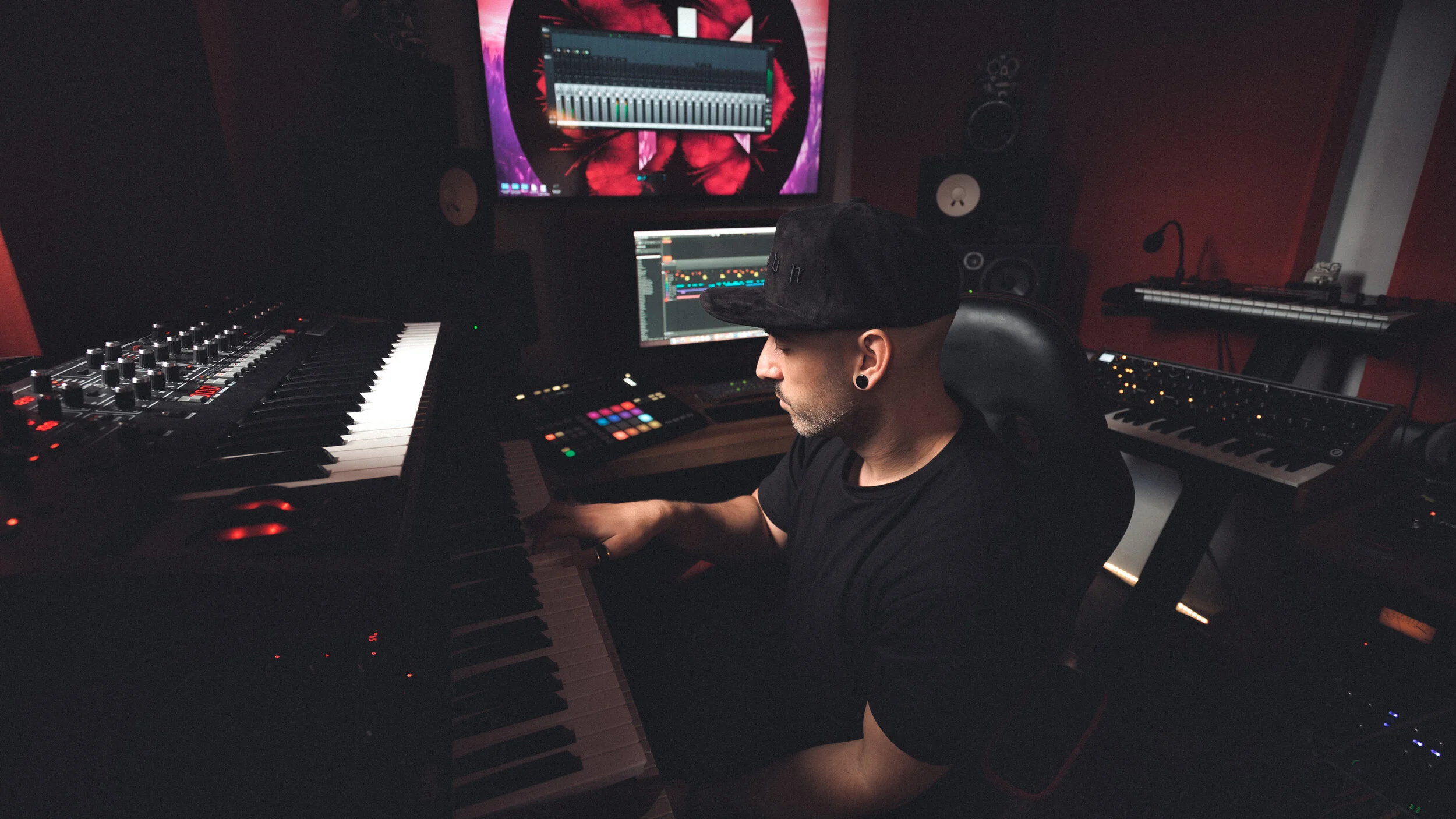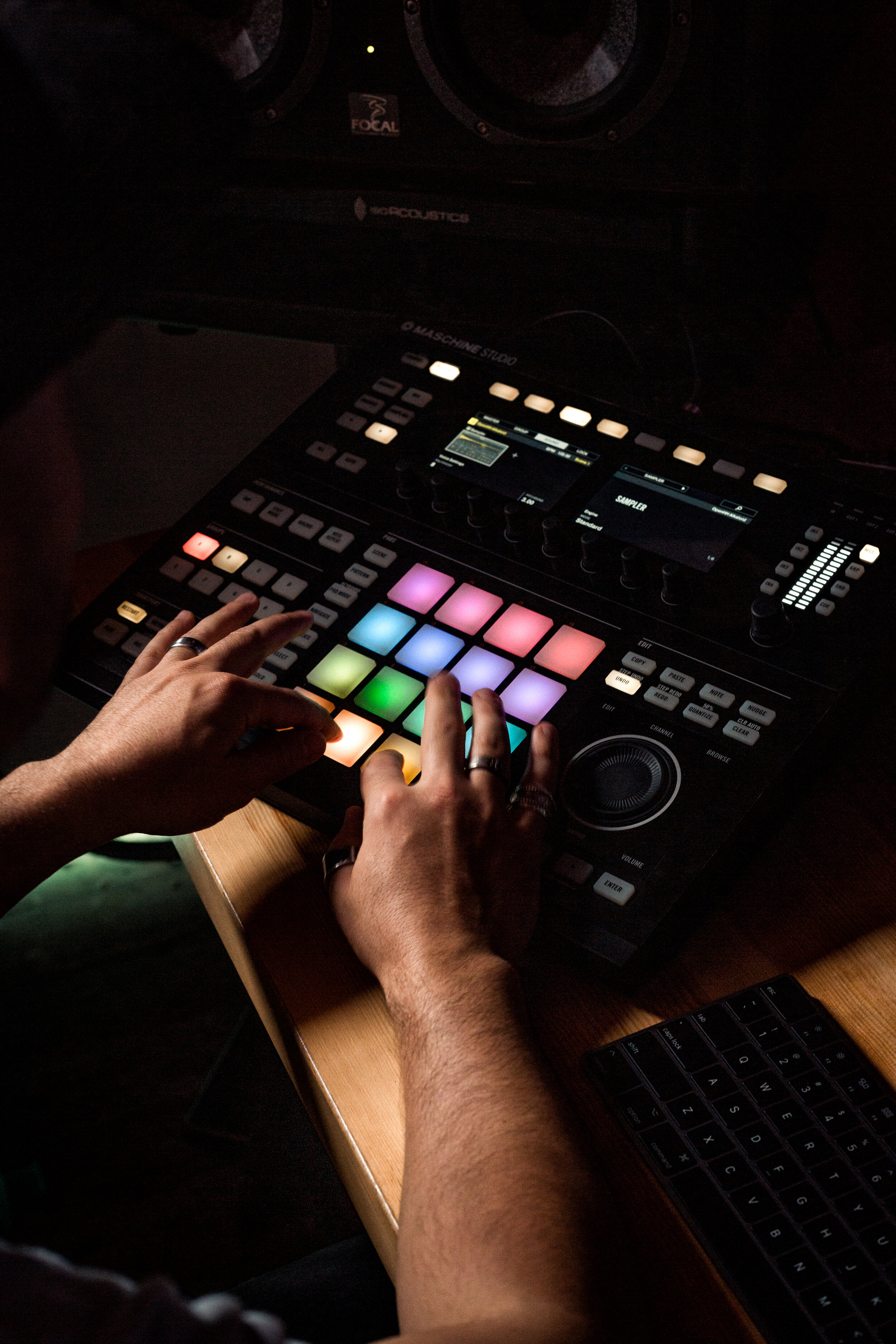4. Now you have a rough structure in front of you. You can see the start, middle and end. You’re already light years ahead of most songwriters. No more unfinished beats or songs, you can see a structure from beginning to end in front of you and this already makes the songwriting less daunting. Now it’s a puzzle that you need to add, fill, take away parts until you start slowly to hear a song.
5. Songwriting is all about building tension and release. Help the listener know something is about to happen and then release by giving them what they want to hear! How can you create tension? Does it mean less instrumentation for a verse? Then the chorus hits with all the bells and whistles?
6. Work on your transitions, make sure that everything is starting to seam smoothly between your intro, verse, verse into pre-chorus or chorus. This can been done with sounds between those transitions, in a lot of cases, up sweeps or down sweeps.
7. Now is the time to either mix that track and get it sent to a list of singers to write a melody OR record in your vocal melodies and ideas.
Now, if you’re a singer-songwriter and the above sounds like Chinese (and if you’re Chinese, no offense, it’s a beautiful language) then spend your time writing catchy melodies either sung into your phone or some chords on guitar/piano if you know how. Record as many as you can and take your top 5 or 10 and find your nearest music producer. If a producer hears the melodies and thinks they’re fire, then trust me, he’ll be striking up some deal with you, whether it’s paid or 50/50 publishing splits if they know what’s good for them!






